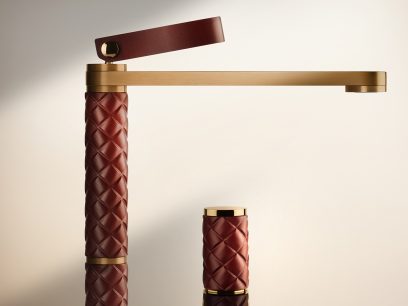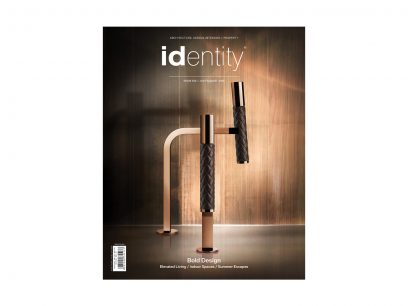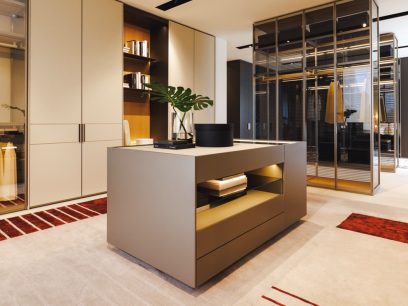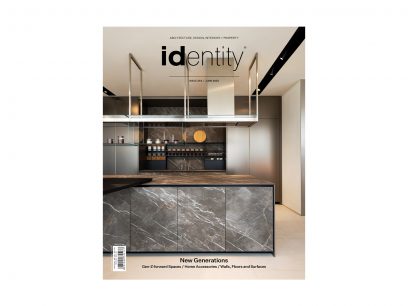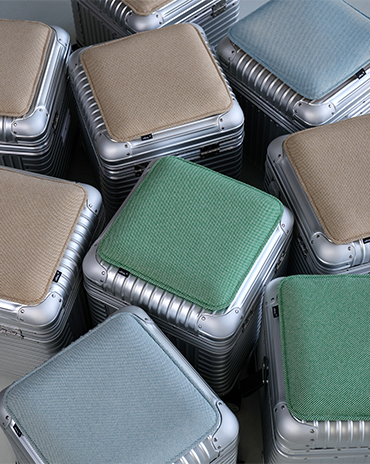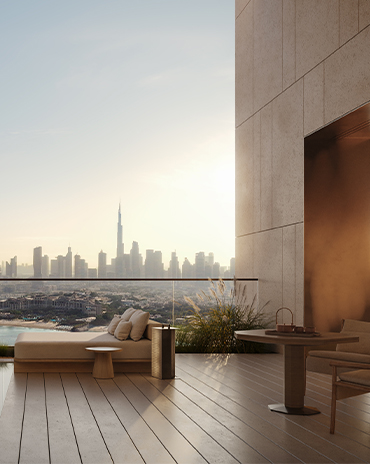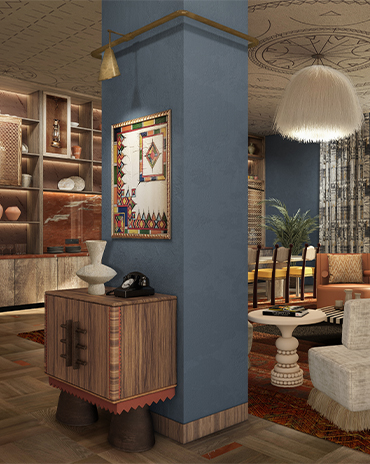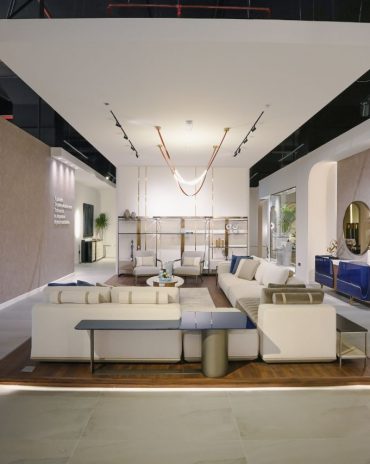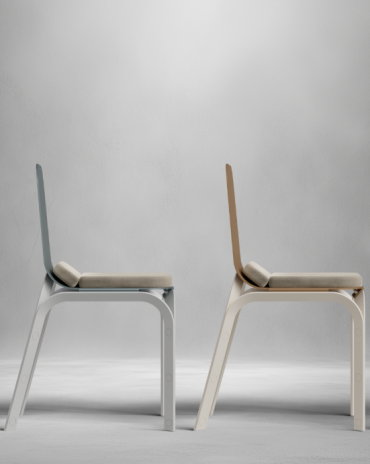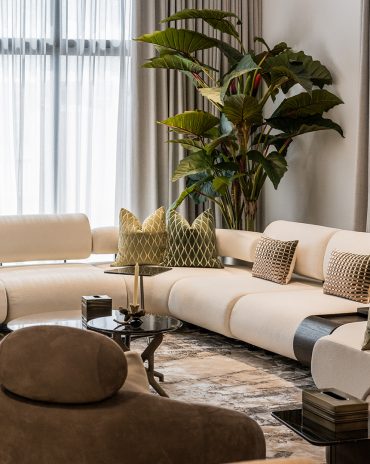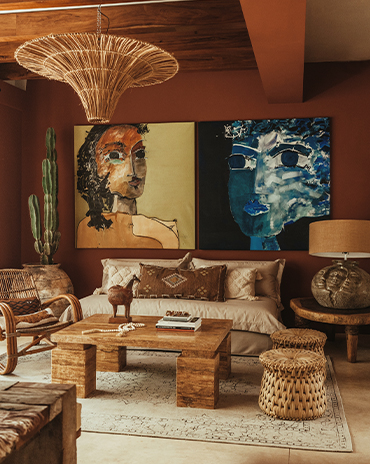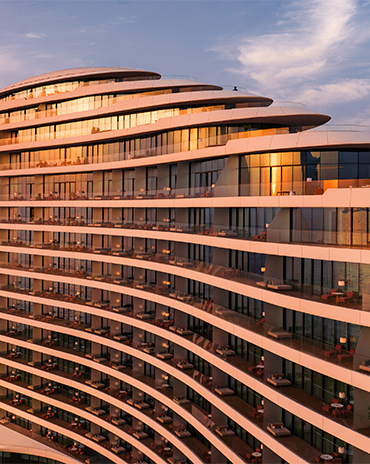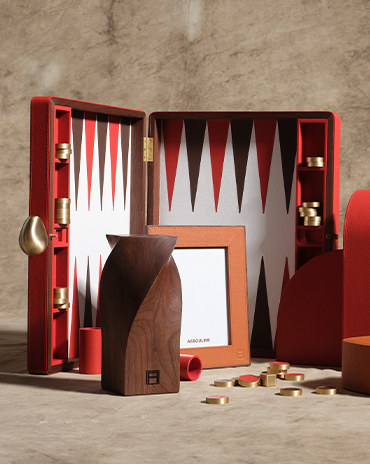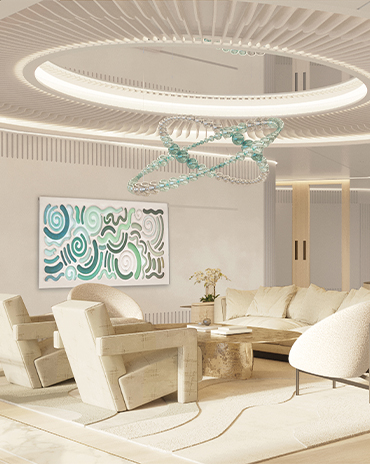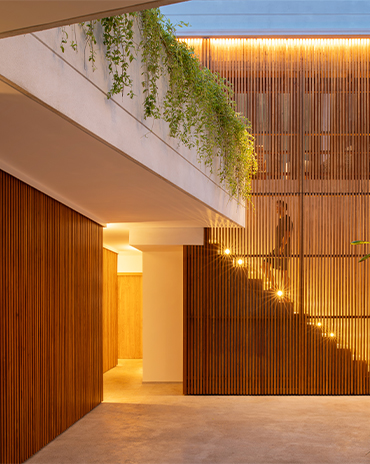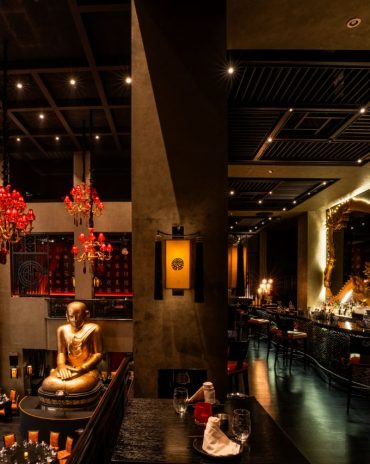Copyright © 2025 Motivate Media Group. All rights reserved.
Louis Barthélemy launches lifestyle brand UDJAT to support Egypt’s artisanal traditions
UDJAT promotes local craft traditions through a contemporary perspective
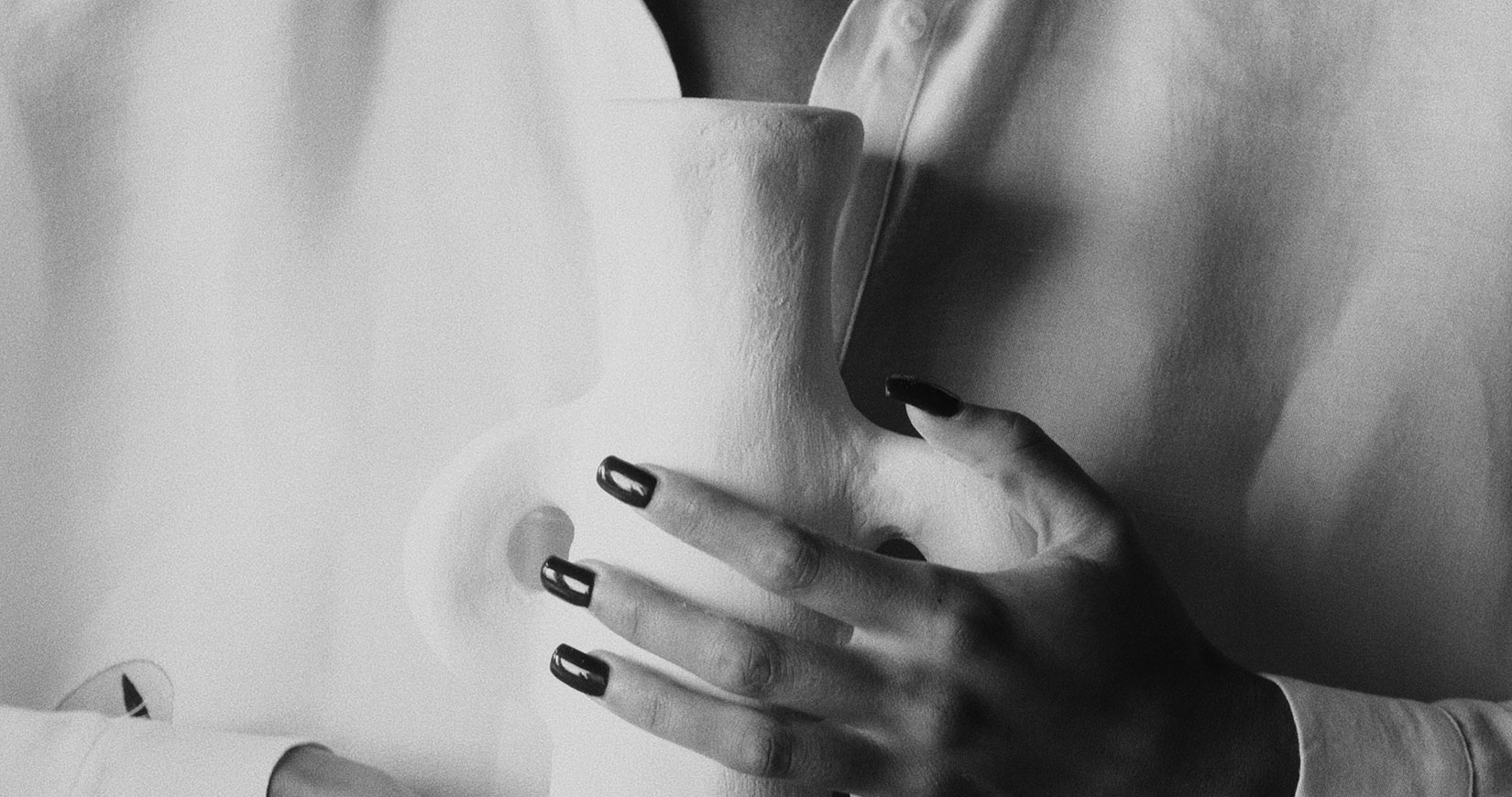
“I found myself stuck in Cairo when the first lockdown happened,” Louis Barthélemy begins. Like many stranded outside their countries of residence during the first outbreak of the COVID-19 pandemic at the start of last year, the French artist and illustrator was unable to leave Egypt – a country whose culture and history he has long admired. His love affair with Egypt first began when he came across Denis Dailleux’s photography book Mère et Fils, that featured images of Egyptian bodybuilders with their mothers. His interest only grew when he finally visited Cairo, where he not only fell in love with its chaos, but also found romantic love.
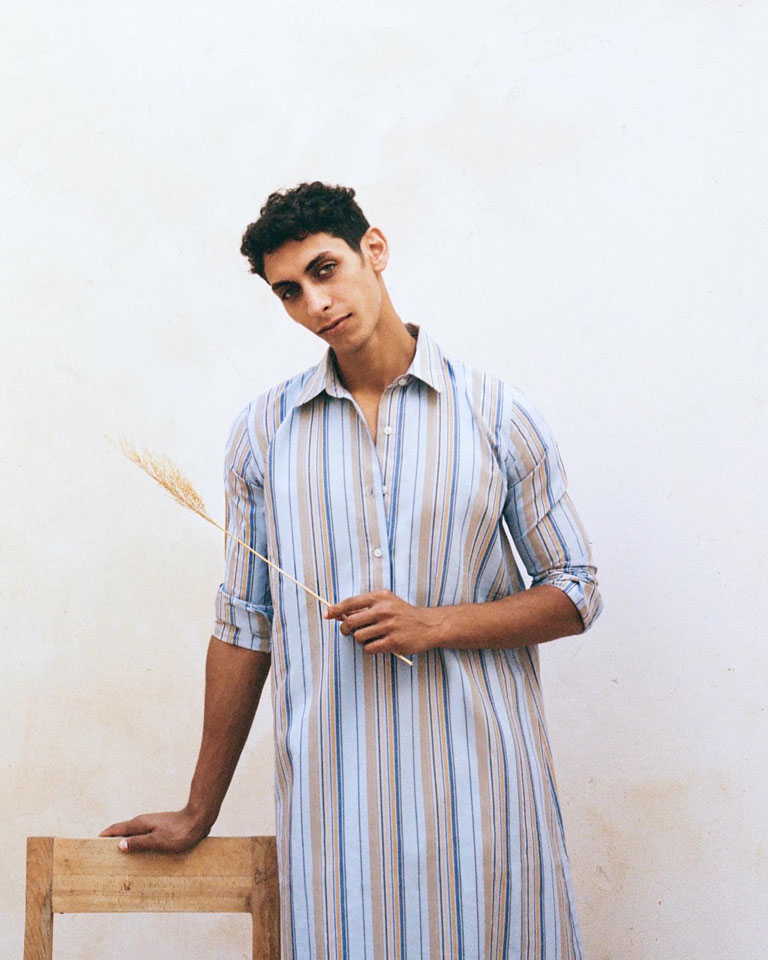
Three years later, once again finding himself in Cairo – and this time unable to leave – Barthélemy was encouraged by his friend Laila Neamatalla to seek refuge away from the city and travel to the urban oasis of Siwa, located 50 kilometres from the Libyan border. Siwa is one of the country’s most isolated settlements, with a mostly Berber population who have developed a unique desert culture and a language of their own.
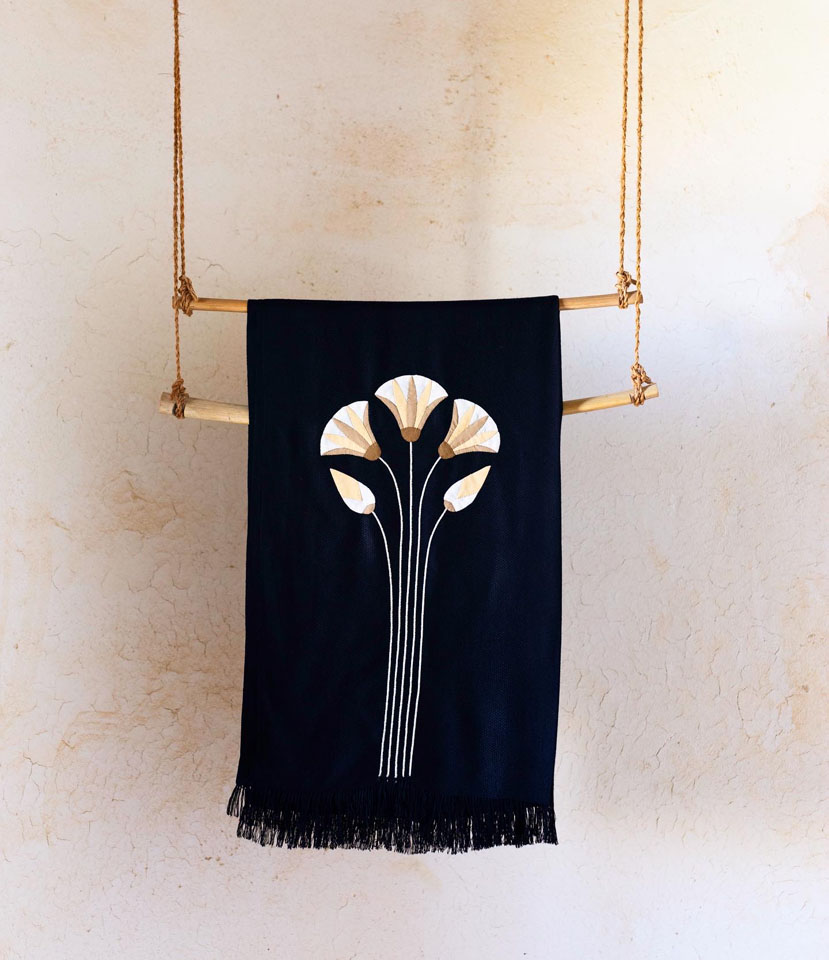
Neamatalla, who is a jewellery designer, offered to host Barthélemy for five months in Siwa, where her brothers own the eco-lodge Adrère Amellal. Alongside Neamatalla – who is now his business partner – Barthélemy was introduced to different craftspeople. From here, the artist, who has previously designed fabrics for Dior and worked with brands including Gucci and Salvatore Ferragamo, began creating objects with the help of local artisans. This organic process resulted in the birth of UDJAT.
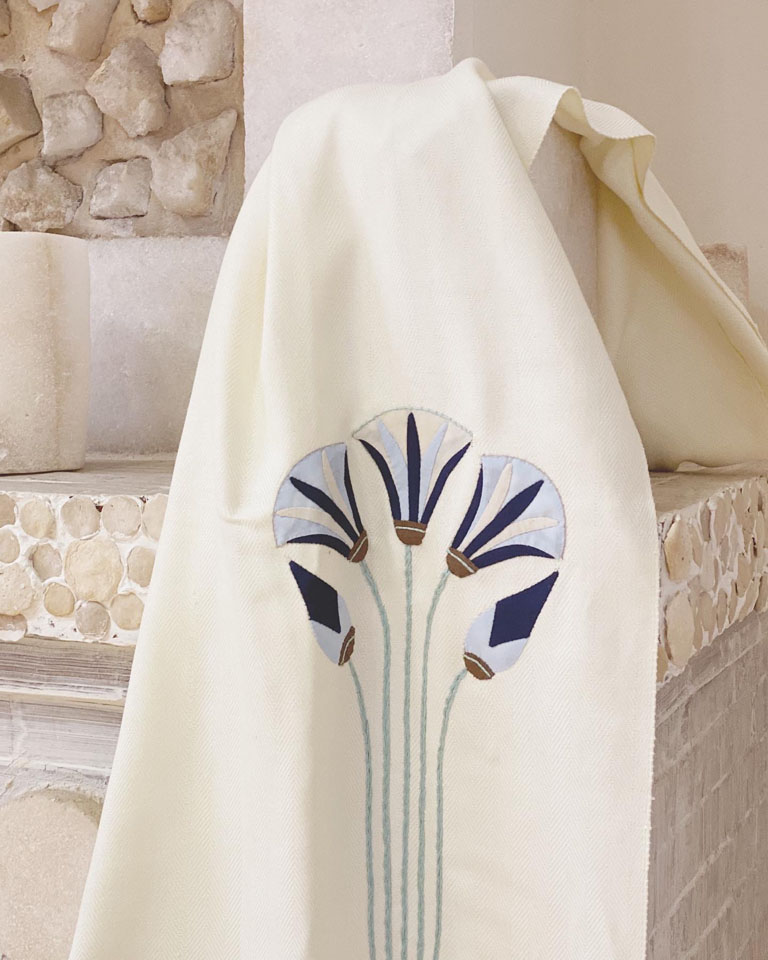
“[We wanted to] create a community of skilled artisans [who could help us] promote – across Egypt and beyond – the beauty of local crafts through a contemporary vision,” Barthélemy explains.
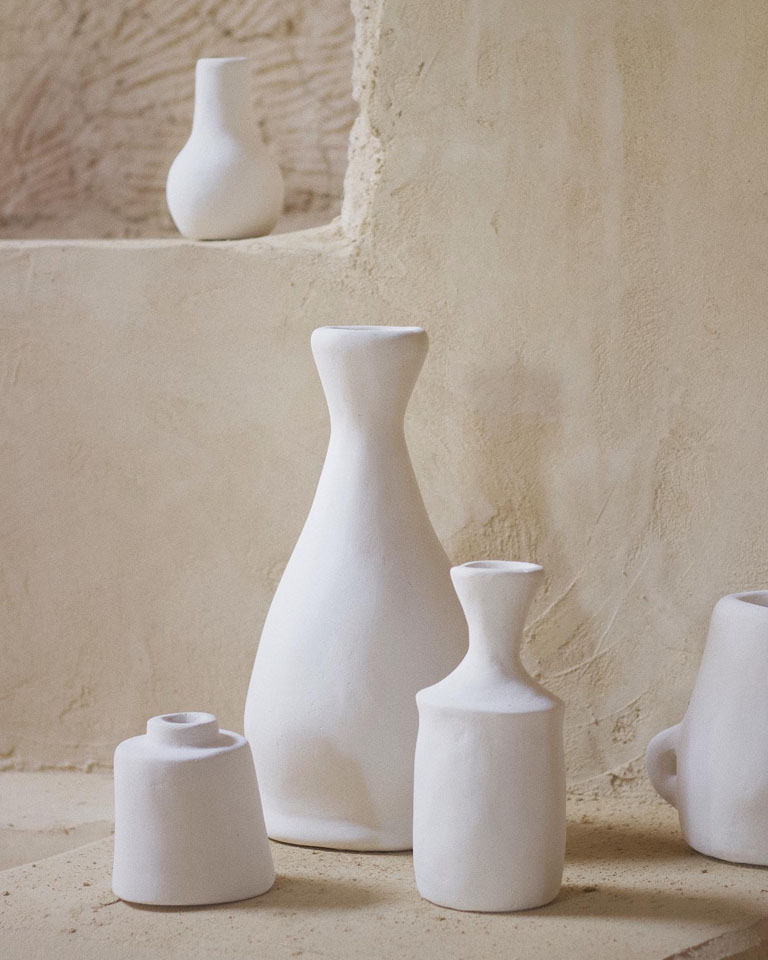
Upon its pillars of craftsmanship and heritage – from which the brand draws its resources and inspiration – UDJAT balances fashion and decorative items made of natural materials that are both casual and elegant, boasting organic silhouettes. Materials across the collections include the salt rock, limestone, ceramics and earthy elements found across Siwa and its surroundings.
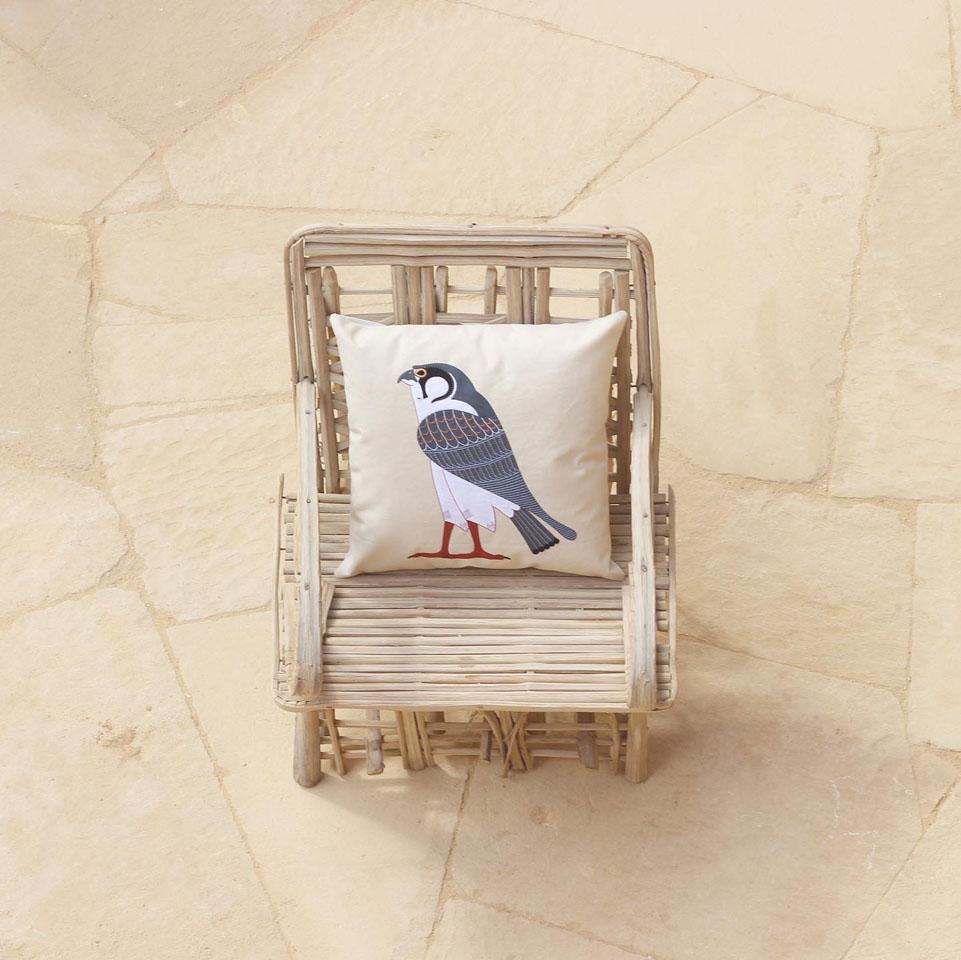
“All our products involve handwork and a traditional savoir-faire with a fresh and contemporary touch. Shapes are inspired by hieroglyphs, ancient amphorae and the need, especially during this time, to recreate a comfortable home with natural elements,” Barthélemy says.
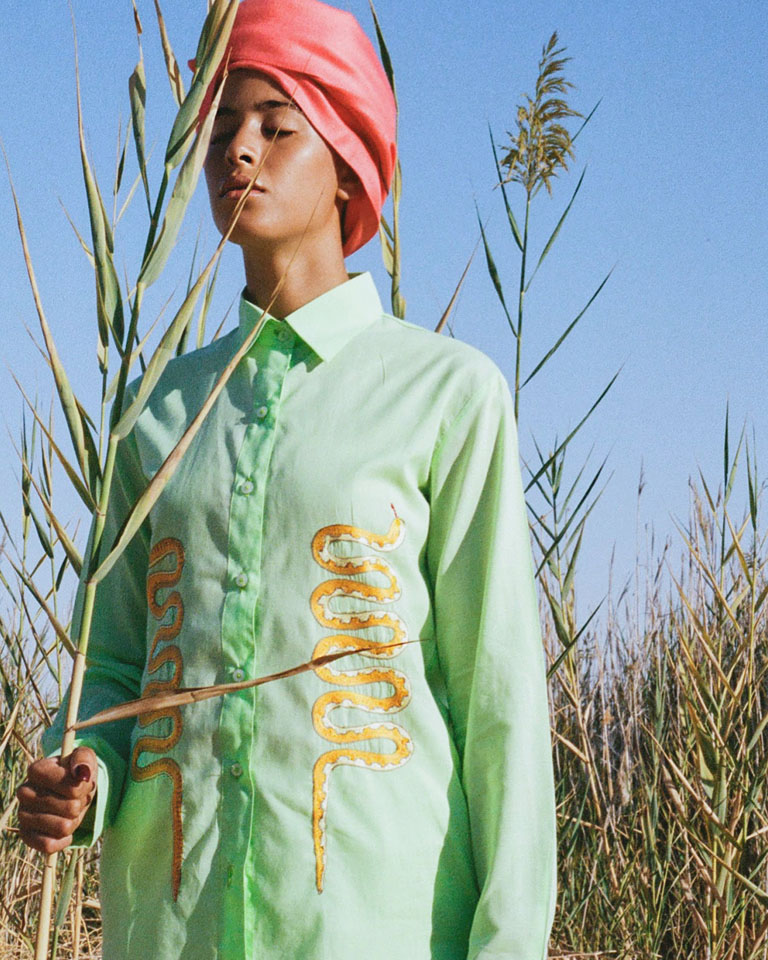
However, it is community engagement that is at the heart of UDJAT, with collaborations including Nilifurat in Maadi, Cairo – a space for learning, experimenting and production, created for a group of refugee and Egyptian women. Together, they bring diverse cultural heritage and storytelling, creating high-quality artisanal products while generating income. For UDJAT, they produce silk-screen printed items.
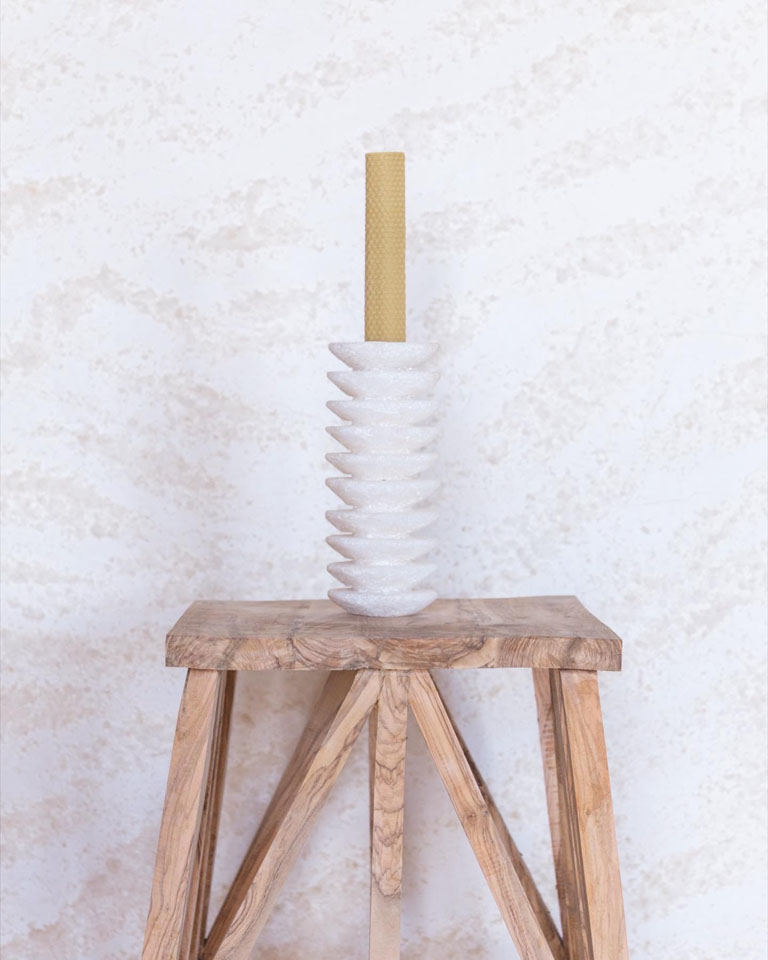
UDJAT is currently backed by Environmental Quality International, a company that is involved in the Revival of the Egyptian Museum Initiative. “When the concept of the brand came to life, it felt appropriate to allocate a retail space for it. And since UDJAT celebrates Egyptian heritage and crafts, the future museum’s gift shop felt like the perfect place to present our products in,” says Barthélemy.
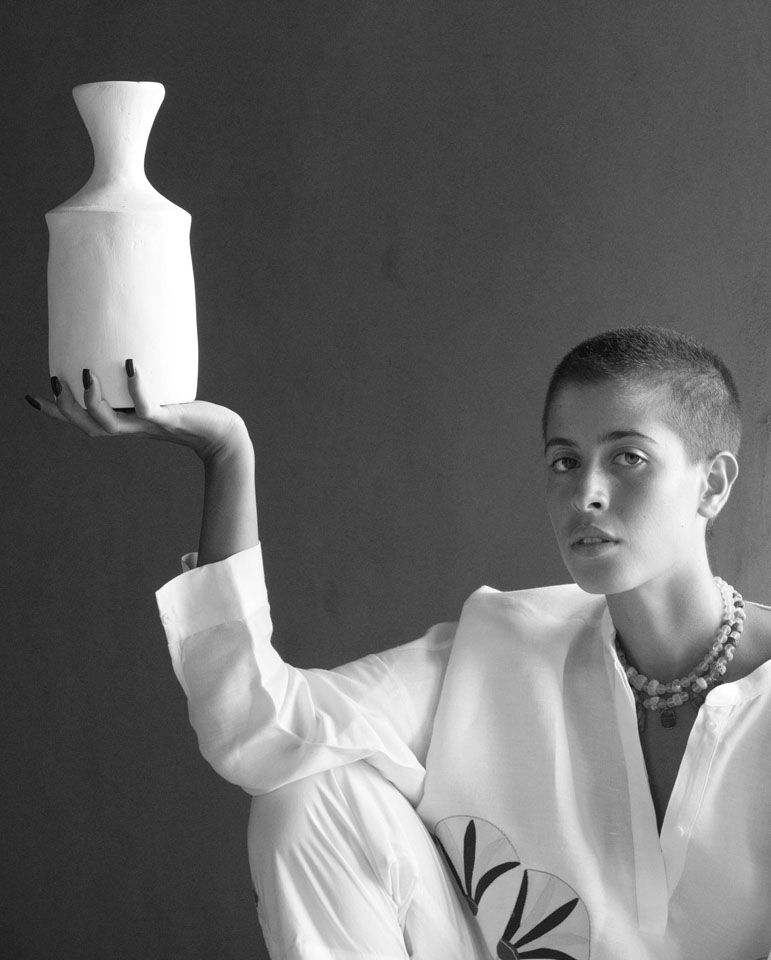
The French artist also wishes to involve local creatives within the brand, such as photographers and graphic designers as well as artisans. “We want to create a community of young and promising talent to represent a nation with a booming youth culture,” he says.
Read more: Emirati crafts: How the UAE is preserving its intangible heritage
The Latest
Designing Movement
RIMOWA’s signature grooved aluminium meets Vitra’s refined design sensibilities
A Sense of Sanctuary
We interview Tanuj Goenka, Director of Kerry Hill Architects (KHA) on the development of the latest Aman Residences in Dubai
Elevated Design
In the heart of Saudi Arabia’s Aseer region, DLR Group has redefined hospitality through bold architecture, regional resonance and a contemporary lens on culture at Hilton The Point
Turkish furniture house BYKEPI opens its first flagship in Dubai
Located in the Art of Living, the new BYKEPI store adds to the brand's international expansion.
Yla launches Audace – where metal transforms into sculptural elegance
The UAE-based luxury furniture atelier reimagines the role of metal in interior design through its inaugural collection.
Step inside Al Huzaifa Design Studio’s latest project
The studio has announced the completion of a bespoke holiday villa project in Fujairah.
Soulful Sanctuary
We take you inside a British design duo’s Tulum vacation home
A Sculptural Ode to the Sea
Designed by Killa Design, this bold architectural statement captures the spirit of superyachts and sustainability, and the evolution of Dubai’s coastline
Elevate Your Reading Space
Assouline’s new objects and home fragrances collection are an ideal complement to your reading rituals
All Aboard
What it will be like aboard the world’s largest residential yacht, the ULYSSIA?
Inside The Charleston
A tribute to Galle Fort’s complex heritage, The Charleston blends Art Deco elegance with Sri Lankan artistry and Bawa-infused modernism
Design Take: Buddha Bar
We unveil the story behind the iconic design of the much-loved Buddha Bar in Grosvenor House.

